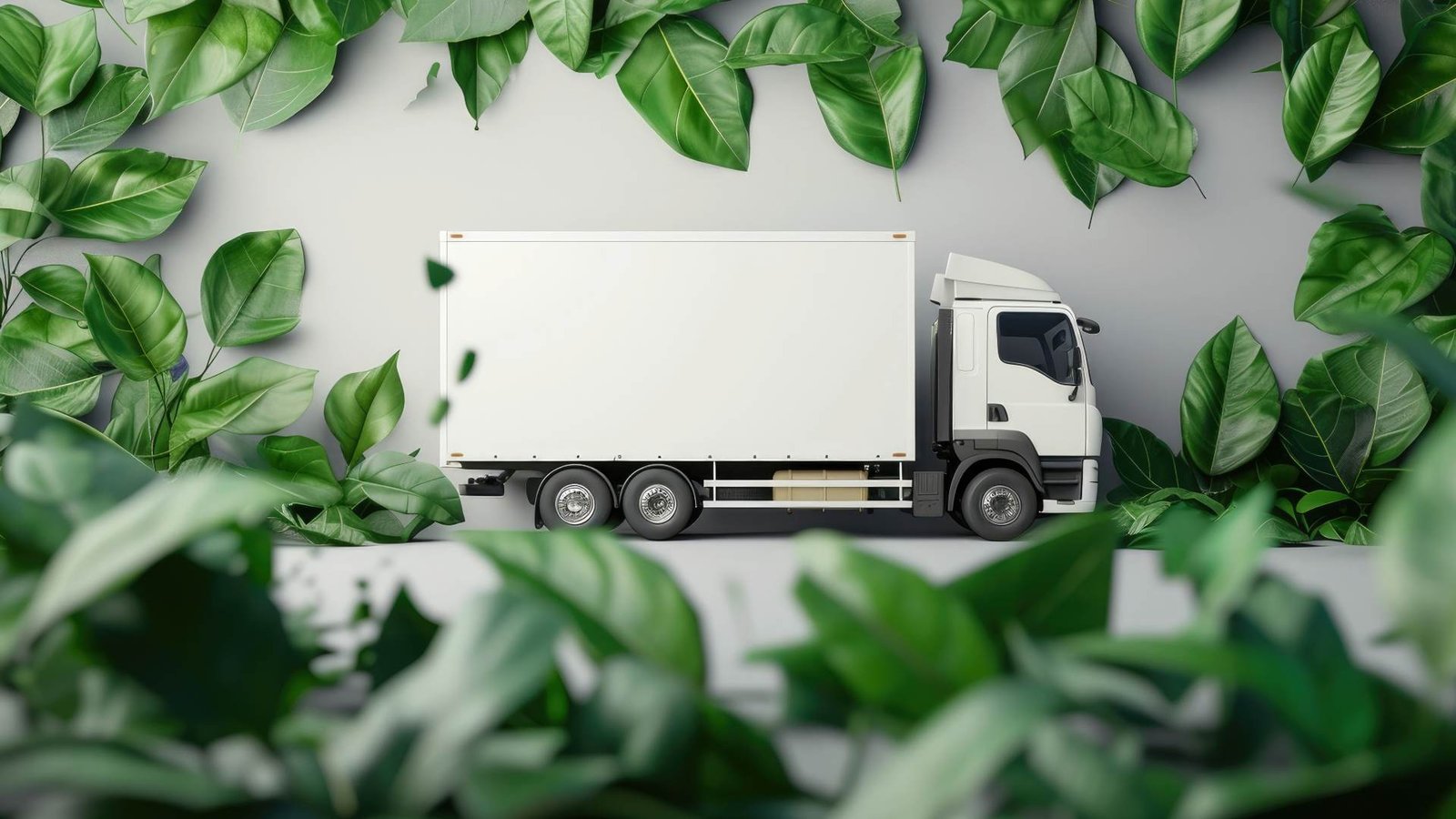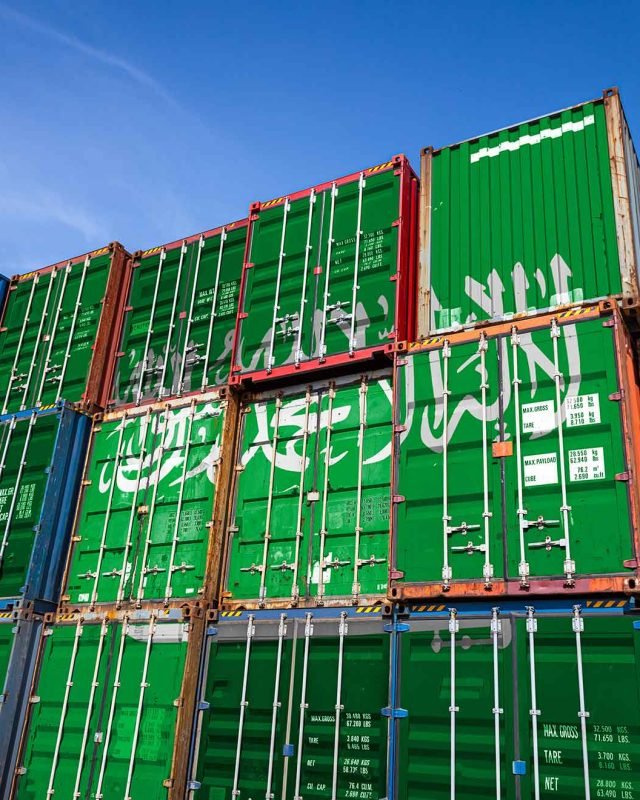Driving Sustainability in Saudi Arabia’s Logistics Industry
The logistics industry is the backbone of Saudi Arabia’s economy, moving goods across the Kingdom and beyond. But this vital sector also faces a pressing challenge: its environmental impact. Globally, the logistics and transport sector accounts for over one-third of carbon emissions, making it one of the largest contributors to climate change. In Saudi Arabia, where the transport sector plays a pivotal role in energy-related emissions, embracing sustainable logistics solutions has never been more urgent.
To combat these challenges, Saudi businesses are adopting innovative green logistics strategies to reduce their carbon footprint while maintaining efficiency and competitiveness. This shift aligns perfectly with Vision 2030, the Kingdom’s roadmap for sustainable development and economic diversification.
What Are Sustainable Logistics Solutions?
At their core, sustainable logistics solutions focus on minimizing the environmental impact of logistics activities. This involves implementing green practices across the supply chain, from energy-efficient transportation to eco-friendly packaging. For Saudi Arabia, these solutions are critical in ensuring that the logistics sector evolves in harmony with the Kingdom’s sustainability goals.
Some key strategies include:
- Electric Vehicles (EVs): Transitioning to EVs for freight and delivery can dramatically reduce emissions. By 2030, Saudi Arabia aims for EVs to comprise 30% of all vehicles in Riyadh.
- Route Optimization: Advanced algorithms can identify the most efficient delivery routes, cutting fuel consumption and reducing emissions.
- Sustainable Warehousing: Using solar panels, energy-efficient lighting, and smart inventory systems lowers the carbon footprint of logistics facilities.
- Eco-Friendly Packaging: Lightweight and recyclable materials not only reduce waste but also cut emissions during transport due to lighter loads.
Why Green Logistics Matters for Saudi Arabia
For a country as logistically active as Saudi Arabia, going green offers both environmental and economic benefits. Here’s why sustainable logistics solutions are a game-changer:
- Reducing Carbon Emissions
The transport sector is a major contributor to CO₂ emissions in Saudi Arabia. By adopting cleaner technologies like EVs and optimizing operations, the logistics industry can significantly cut its environmental footprint. - Improving Operational Efficiency
Green logistics isn’t just about saving the planet; it’s also about saving money. Efficient delivery routes and reduced energy consumption lead to lower operational costs. - Enhancing Regulatory Compliance
With global pressure mounting for environmentally friendly practices, businesses that align with green regulations can avoid penalties and gain a competitive edge. - Strengthening Brand Reputation
Sustainability matters to consumers. A logistics provider that demonstrates a commitment to reducing its carbon footprint is more likely to win trust and loyalty in today’s eco-conscious market.
How Saudi Arabia is Leading the Way
Saudi Arabia’s commitment to sustainability is reflected in its adoption of cutting-edge green logistics practices. Here’s how the Kingdom is making strides:
- Vision 2030 Initiatives: The national strategy includes ambitious plans to transform cities like Riyadh into eco-friendly urban centers, with sustainable transportation playing a central role.
- Public and Private Sector Collaboration: The government is partnering with businesses to create incentives for adopting green technologies, such as subsidies for EV fleets or renewable energy installations in warehouses.
- Adoption of Renewable Energy: Solar-powered logistics facilities are becoming more common, reducing reliance on fossil fuels and supporting the Kingdom’s renewable energy targets.
Challenges in Transitioning to Green Logistics
Despite its benefits, the road to sustainable logistics isn’t without obstacles:
- High Initial Costs: Transitioning to EVs or installing solar panels in warehouses requires significant upfront investment.
- Technological Integration: Incorporating advanced tools like AI for route optimization or IoT for supply chain monitoring can be complex.
- Market Readiness: Some green technologies, like hydrogen-powered trucks, are still in their early stages and may not yet be widely available in the Kingdom.
However, these challenges are not insurmountable. With continued innovation and government support, Saudi Arabia is well-positioned to overcome these hurdles.
The Road Ahead

The future of Saudi Arabia’s logistics industry is green. As businesses adopt sustainable logistics solutions, they’re not just reducing their environmental impact—they’re also setting themselves up for long-term success. By prioritizing sustainability, companies can meet growing consumer demand for eco-friendly practices while contributing to a cleaner, healthier planet.
For Saudi Arabia, green logistics isn’t just a choice; it’s a necessity for aligning with global sustainability trends and achieving Vision 2030’s ambitious goals. As the industry evolves, the Kingdom is set to become a leader in sustainable logistics innovation, proving that economic growth and environmental responsibility can go hand in hand.




